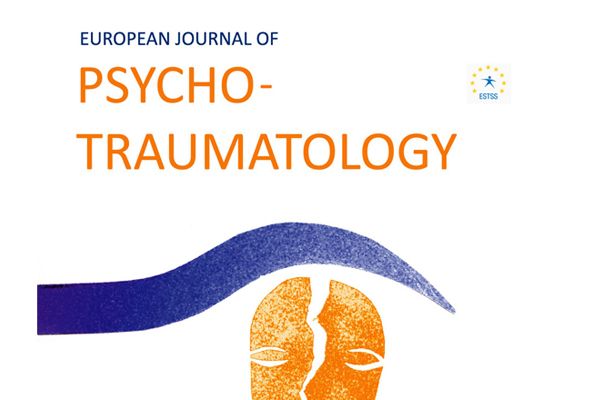18 mei 2021
European Journal of Psychotraumatology
Karin Hediger, Julia Wagner, Pascale Künzi, Anna Haefeli, Felicitas Theis, Carmina Grob, Elena Pauli & Heike Gerger
https://doi.org/10.1080/20008198.2021.1879713
Abstract
Background: Animal-assisted interventions (AAI) are increasingly applied for people with post-traumatic stress disorder (PTSD) symptoms albeit its effectiveness is unclear.
Objectives: To examine the effectiveness of AAI for treating PTSD symptoms.
Method: We searched 11 major electronic databases for studies reporting quantitative data on effects of AAI for children and adults with PTSD symptoms. Of 22ʹ211 records identified, we included 41 studies with 1111 participants in the systematic review comprising eight controlled studies with 469 participants in the meta-analysis. We conducted random-effects meta-analyses with all controlled studies based on standardized mean differences (SMD), and calculated standardized mean change (SMC) as effect sizes for studies with a pre-post one-group design. Two independent researchers assessed the quality of the included studies using the NIH Study Quality Assessment Tools. The primary outcome was PTSD or depression symptom severity measured via a standardized measurement at pre- and post-intervention assessments.
Results: There was a small but not statistically significant superiority of AAI over standard PTSD psychotherapy (SMD = −0.26, 95% CI: −0.56 to 0.04) in reducing PTSD symptom severity while AAI was superior to waitlist (SMD = −0.82, 95% CI: −1.56 to 0.08). Getting a service dog was superior to waiting for a service dog (SMD = −0.58, 95% CI: −0.88 to −0.28). AAI led to comparable effects in reducing depression as standard PTSD psychotherapy (SMD = −0.03, CI: −0.88 to 0.83). Pre-post comparisons showed large variation for the reduction in PTSD symptom severity, with SMCs ranging from −0.38 to −1.64, and for depression symptom severity, ranging from 0.01 to −2.76. Getting a service dog lowered PTSD symptoms between −0.43 and −1.10 and depression with medium effect size of −0.74.
Conclusions: The results indicate that AAI are efficacious in reducing PTSD symptomatology and depression. Future studies with robust study designs and large samples are needed for valid conclusions.

Het European Journal of Psychotraumatology (EJPT) is een peer-reviewed, interdisciplinair wetenschappelijk tijdschrift dat deel uitmaakt van de European Society for Traumatic Stress Studies (ESTSS).
Het EJPT heeft als doel om wetenschappers, behandelaren en experts te betrekken bij de belangrijkste vraagstukken rond stress en trauma, waaronder individuele gebeurtenissen, herhaalde of chronische trauma's, grootschalige rampen en geweld.

